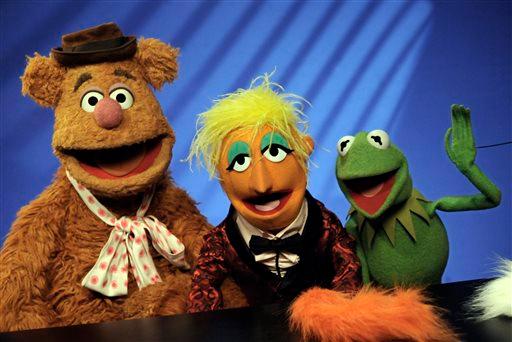For decades, Republicans have attempted to cut federal funding for NPR and PBS, or have tried to defund them entirely, with little success.
But in the latest attempt, President Donald Trump’s budget seeks to defund the Corporation for Public Broadcasting (CFB), which was founded in 1967 and receives $445 million in federal funds. It only marginally supports NPR and PBS, and a majority of the funds goes to smaller, individual stations.
Both Republicans and Democrats have turned defunding the CFB into political theater even though it doesn’t contribute much to NPR or PBS, which both depend much more heavily on corporate sponsors and other forms of funding.
The GOP has long accused NPR, and to a lesser extent PBS, of having a left-leaning, or “liberal,” bias. For them, it’s also become a rallying cry against big government’s spending on wasteful programs.
Democrats and left-leaning media outlets have used Republicans’ efforts against them, describing them as heartless for trying to “fire Big Bird.”
Defunding NPR and PBS became a focal point during the 2012 election when then-Republican candidate Mitt Romney said during a debate: “I’m going to the stop the subsidy to PBS. I’m going to stop other things. I like PBS. I love Big Bird.” Romney’s comments became a trending hashtag on Twitter, with people coming out in defense of “Sesame Street.”






